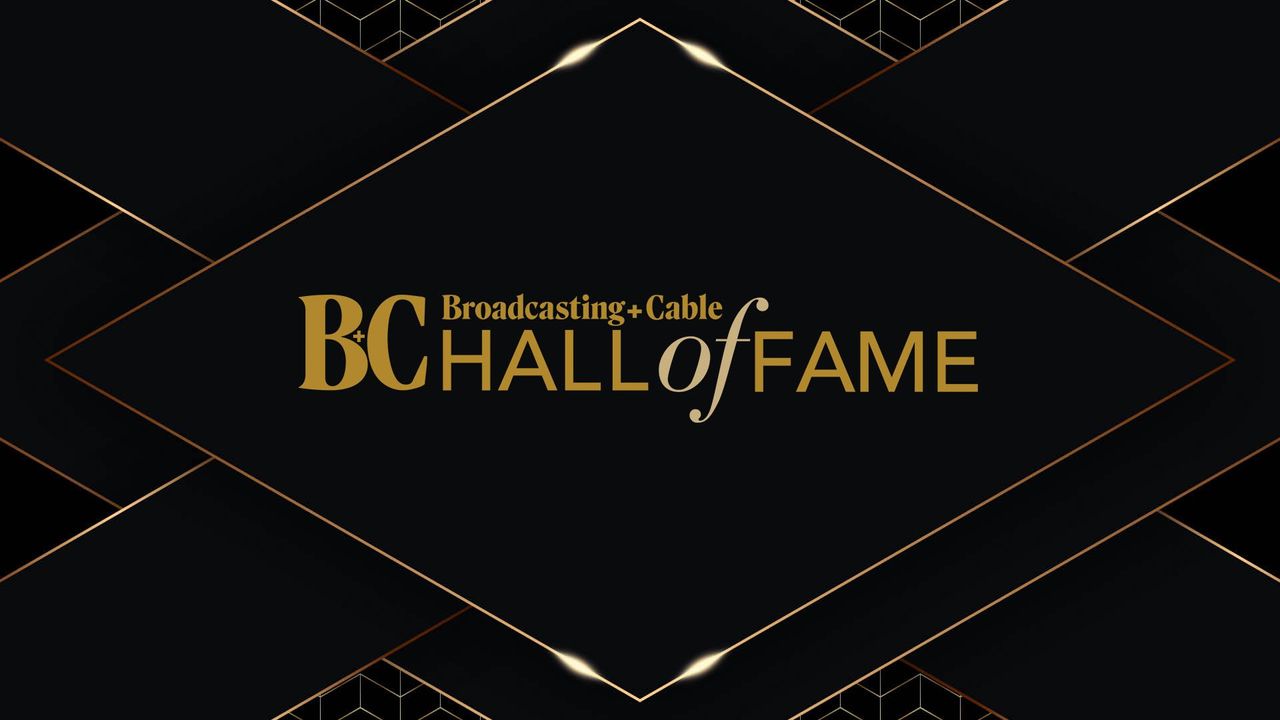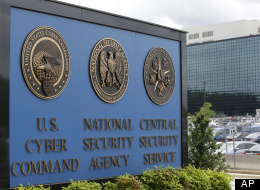Phone Records Program Declassified After Outcry
Friday, June 7, 2013

No, Myrtle, it IS news. You apparently don't understand what's happening and are confused. "They" count on your confusion, and to keep insisting "this isn't news" only means you should be asking many questions and not weighing in with an opinion.
The NSA has obtained direct access to the systems of Google, Facebook, Apple and other US internet giants, according to a top secret document obtained by the Guardian.
The NSA access is part of a previously undisclosed program called Prism, which allows officials to collect material including search history, the content of emails, file transfers and live chats, the document says.
The Guardian has verified the authenticity of the document, a 41-slide PowerPoint presentation – classified as top secret with no distribution to foreign allies – which was apparently used to train intelligence operatives on the capabilities of the program. The document claims "collection directly from the servers" of major US service providers.
Although the presentation claims the program is run with the assistance of the companies, all those who responded to a Guardian request for comment on Thursday denied knowledge of any such program.
In a statement, Google said: "Google cares deeply about the security of our users' data. We disclose user data to government in accordance with the law, and we review all such requests carefully. From time to time, people allege that we have created a government 'back door' into our systems, but Google does not have a back door for the government to access private user data."
Several senior tech executives insisted that they had no knowledge of Prism or of any similar scheme. They said they would never have been involved in such a program. "If they are doing this, they are doing it without our knowledge," one said.
An Apple spokesman said it had "never heard" of Prism.
http://www.guardian.co.uk/world/2013/jun/06/us-tech-giants-nsa-data?guni=Network%20front:network-front%20full-width-1%20bento-box:Bento%20box:Position2:sublinks
And that's just the tip of the ice berg.
Read the Article at HuffingtonPost Read more...







